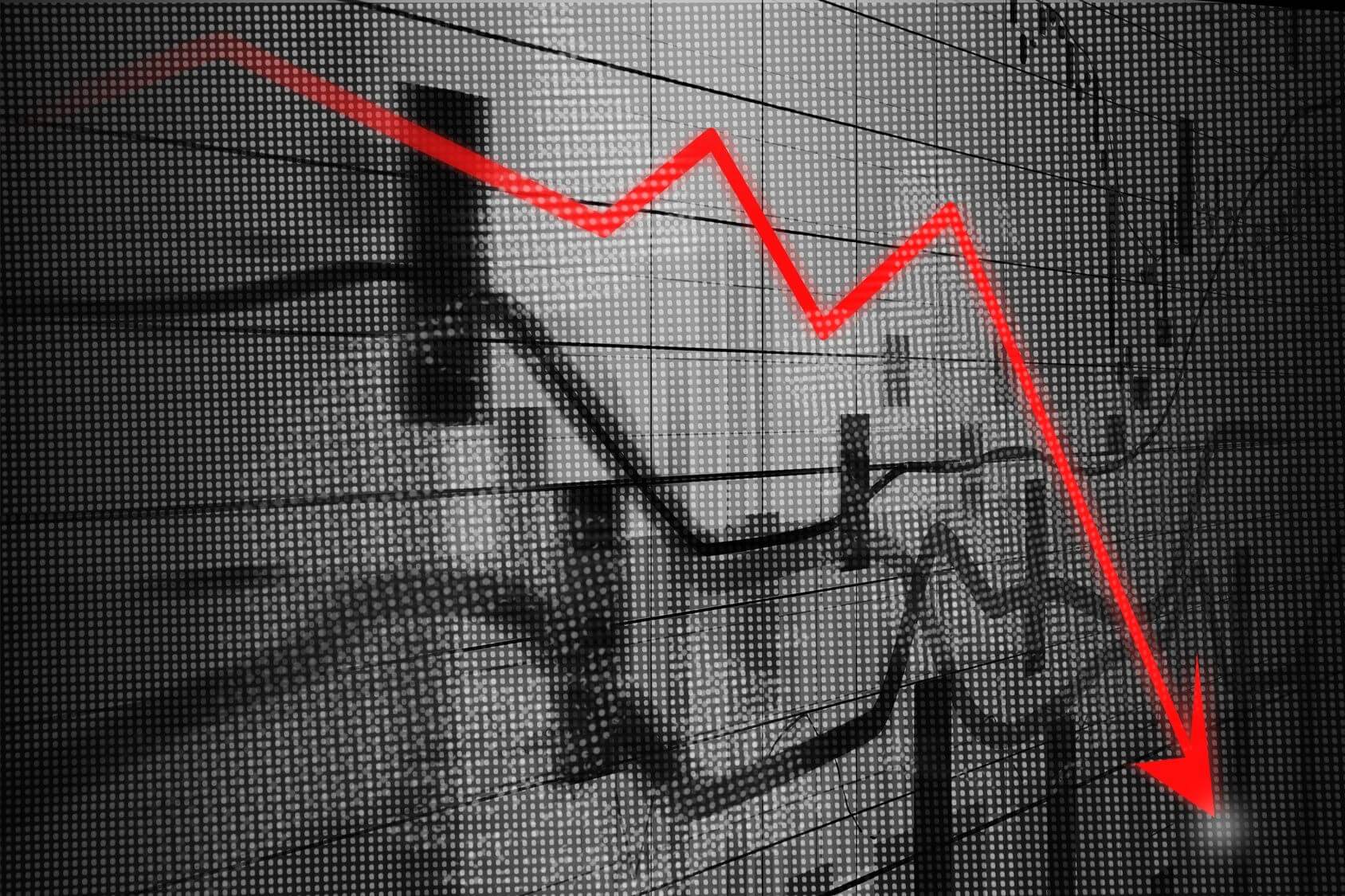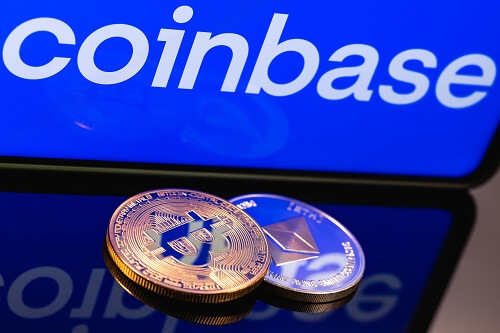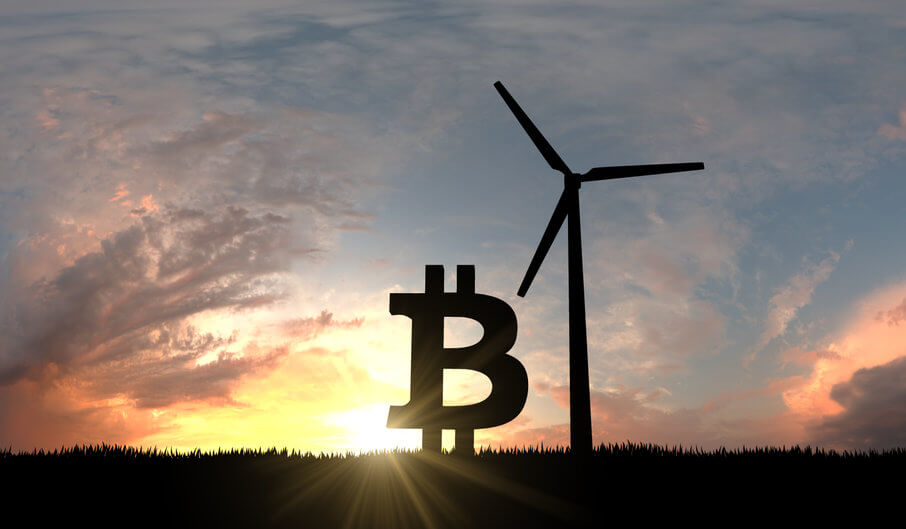Stay informed with free updates
Simply sign up to the War in Ukraine myFT Digest — delivered directly to your inbox.
European countries clashed over sending troops to Ukraine as they began a crisis meeting intended to reach a consensus on how to respond to US President Donald Trump’s peace talks with Russia.
As leaders convened in Paris for the emergency meeting on Monday afternoon, Germany, Poland and Spain signalled reluctance to dispatch peacekeeping forces to the war-torn country, hours after Britain offered to put “boots on the ground”.
Monday’s meeting, which France hopes will also yield plans to help European countries boost defence spending, is hosted by President Emmanuel Macron and attended by six EU countries, the UK and officials from Nato and the EU.
Macron and Trump spoke just ahead of the Paris summit.
The US’s European allies are racing to respond to the president’s shock announcement of talks with Russia, which are set to begin in Saudi Arabia on Tuesday.
France has proposed discussing a “reassurance force” that would be stationed behind, not on, a future ceasefire line in Ukraine, according to three officials briefed on the preparations for the meeting.
While UK Prime Minister Sir Keir Starmer has said he is “ready and willing . . . [to put] our own troops on the ground if necessary”, other countries are much more reluctant.
German Chancellor Olaf Scholz, who faces nationwide elections on Sunday, maintained his long-standing caution on troop deployments, saying the debate was premature.
“The question now is how peace can be ensured without decisions being made over the heads of the Ukrainian people,” he said before the meeting.
“Nobody is currently considering sending troops to Ukraine,” said José Manuel Albares, Spain’s foreign minister. “Peace is still very far away and for one reason only: Vladimir Putin.”
He added that any discussion of troop deployments or peacekeepers would “have to consider for what mission, who will comprise it, under what flag, with what mandate”.
Although Poland has significantly increased defence spending since the war began and is usually relatively hawkish, Prime Minister Donald Tusk said Warsaw was not prepared to send troops to Ukraine.
“But we will support, also in terms of logistics and political support, countries that will possibly want to provide such guarantees in the future,” Tusk added.
“If we, Europeans, fail to spend big on defence now, we will be forced to spend 10 times more if we don’t prevent a wider war,” he said.
Monday’s meeting was set to discuss funding of increased European defence spending and military capabilities, potentially through joint borrowing or what the French call other “innovative financing” methods.
Macron has long called for the EU to engage in common borrowing to reduce its reliance on US troops and weaponry, although Germany and the Netherlands have opposed such a move.
The dramatic shift in the US’s stance on Ukraine has forced European leaders’ positions to evolve rapidly.
EU commission president Ursula von der Leyen said on Friday that she would propose capitals allow a temporary easing of the bloc’s rules on deficits for defence spending specifically, a plan that EU officials said had widespread support across the bloc.
Starmer has also committed to setting out a “pathway” for the UK’s defence spending to reach 2.5 per cent of GDP
Speaking to journalists before travelling to Paris, the British prime minister said: “This isn’t just about the front line in Ukraine. It’s the front line of Europe and of the United Kingdom. It’s about our national security and I think that we need to do more.”
Reporting by Leila Abboud and Ben Hall in Paris, Henry Foy in Brussels, Raphael Minder in Warsaw, Barney Jopson in Madrid, Laura Pitel in Berlin, and George Parker in London.
Credit: Source link














